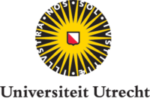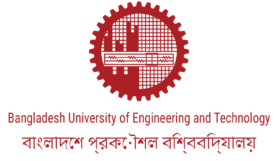Research objectives
Objectives
The main objective of the project is to determine how Living Polders, in which controlled flooding and sedimentation allow the land surface level to keep up with sea level rise, can enhance sustainable livelihoods of communities in urbanizing deltas.
One focus of the research activities regards the comprehension of the physical boundary conditions for (a) a polder-level spatiotemporal approach to raising land by establishing cyclic polder re-sedimentation, and changing food production schemes, and (b) a delta-level spatiotemporal coherent rotation scheme of Living Polders implementation.
Another part of the research activities aims at increasing our comprehension of the institutional boundary conditions for (a) matching the polder-level organization of user-groups with re-sedimentation cycles, in order to optimize polder management and food-production business models, and (b) matching delta-level governance arrangements with the requirements for both optimal polder deployment and the development of well-functioning business and innovation systems.
The outcome of our research (which is carried out in close consultation with stakeholders) is to feed into a decision support tool that is meant to enable the joint design of scenarios and policies for sustainable development of delta communities.
To assess the general applicability of the Living Polders concept our final objective is to evaluate the worldwide potential of creating Living Polders




